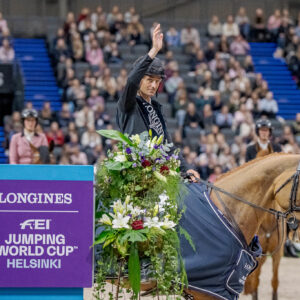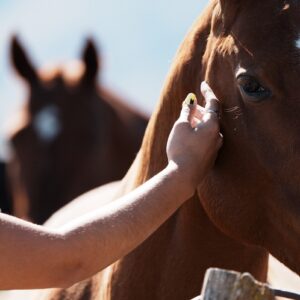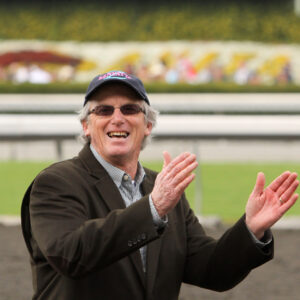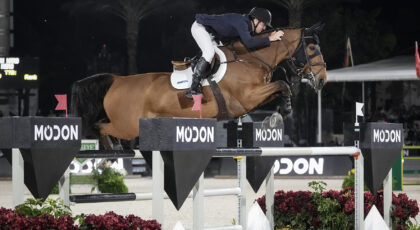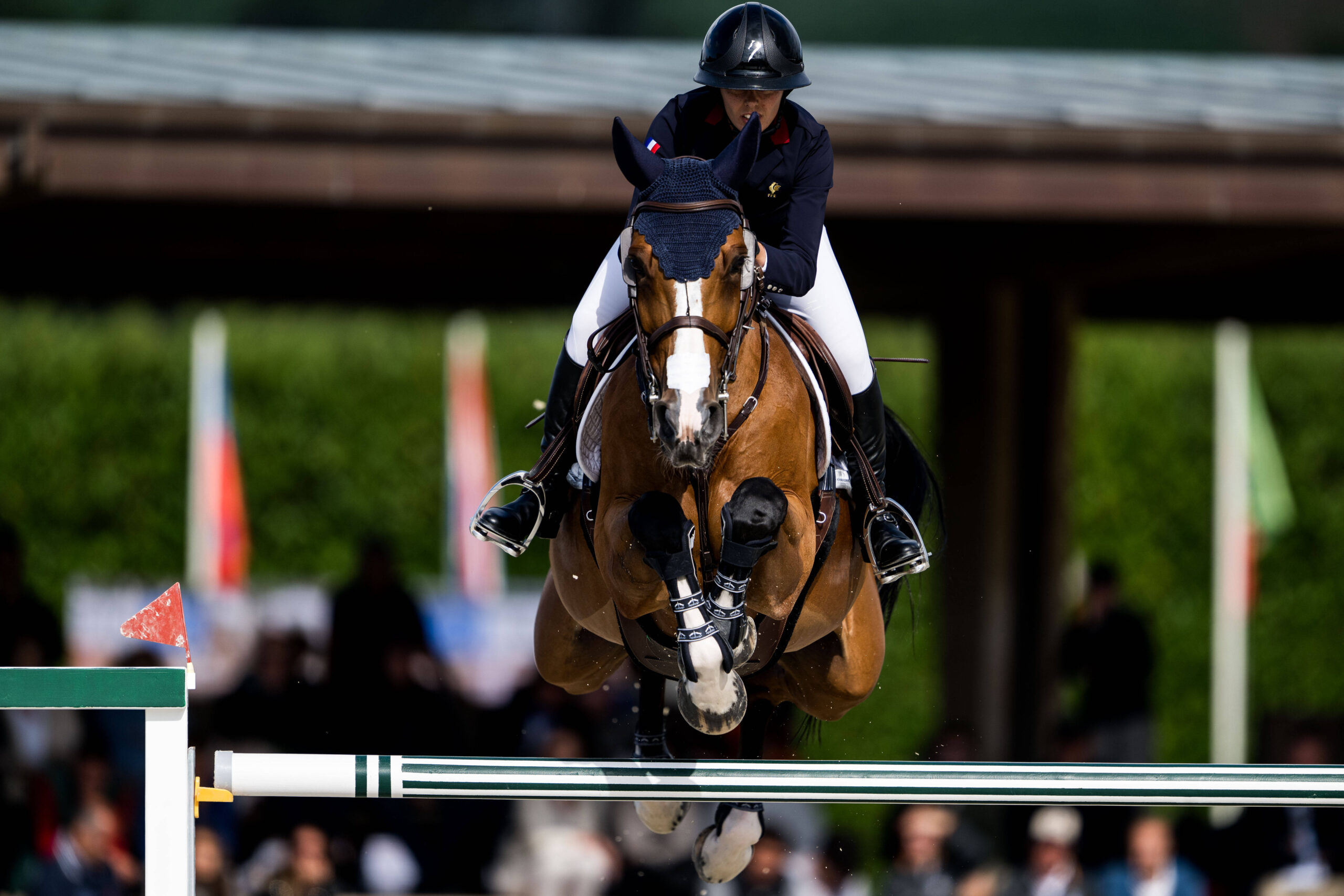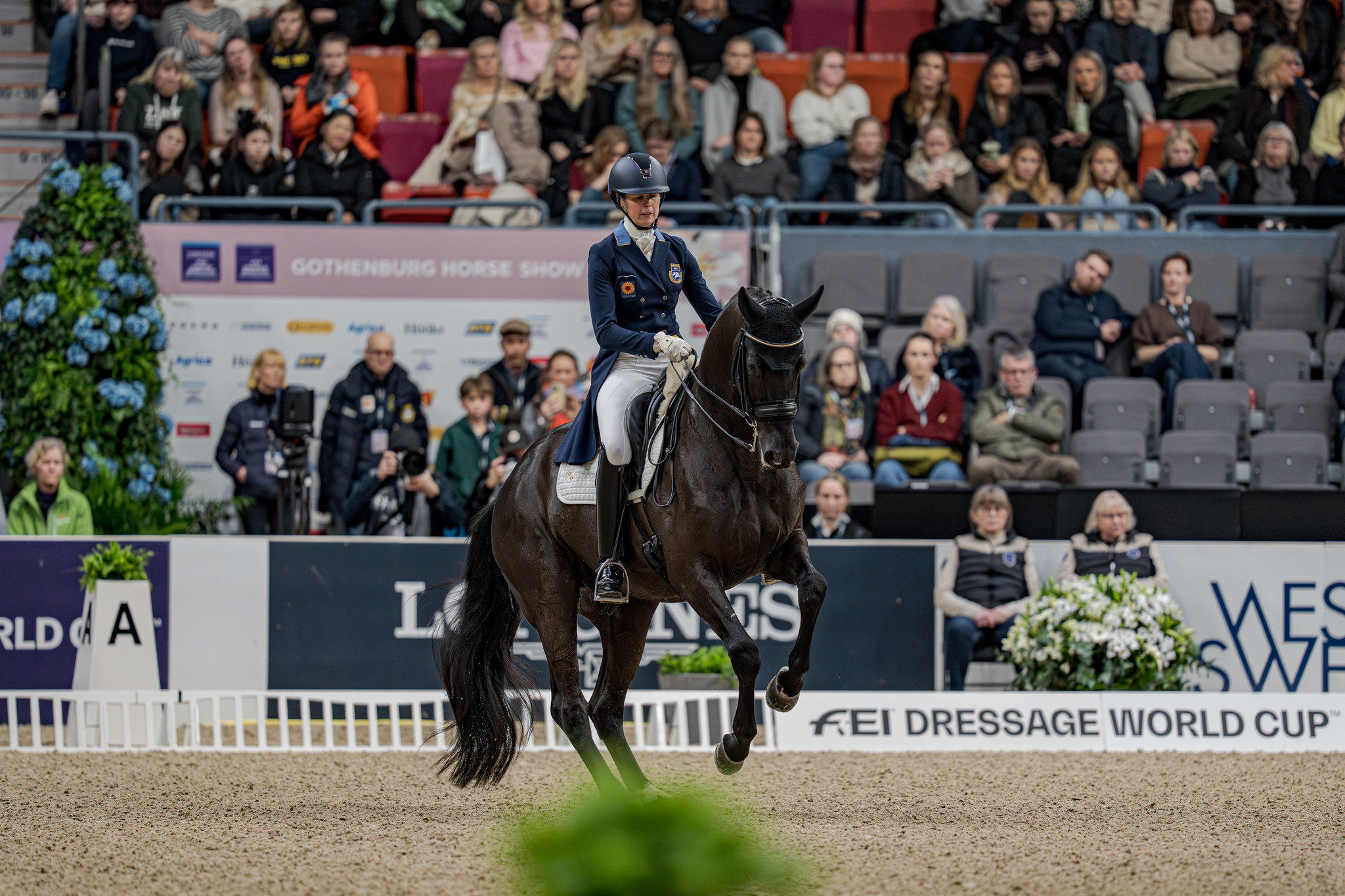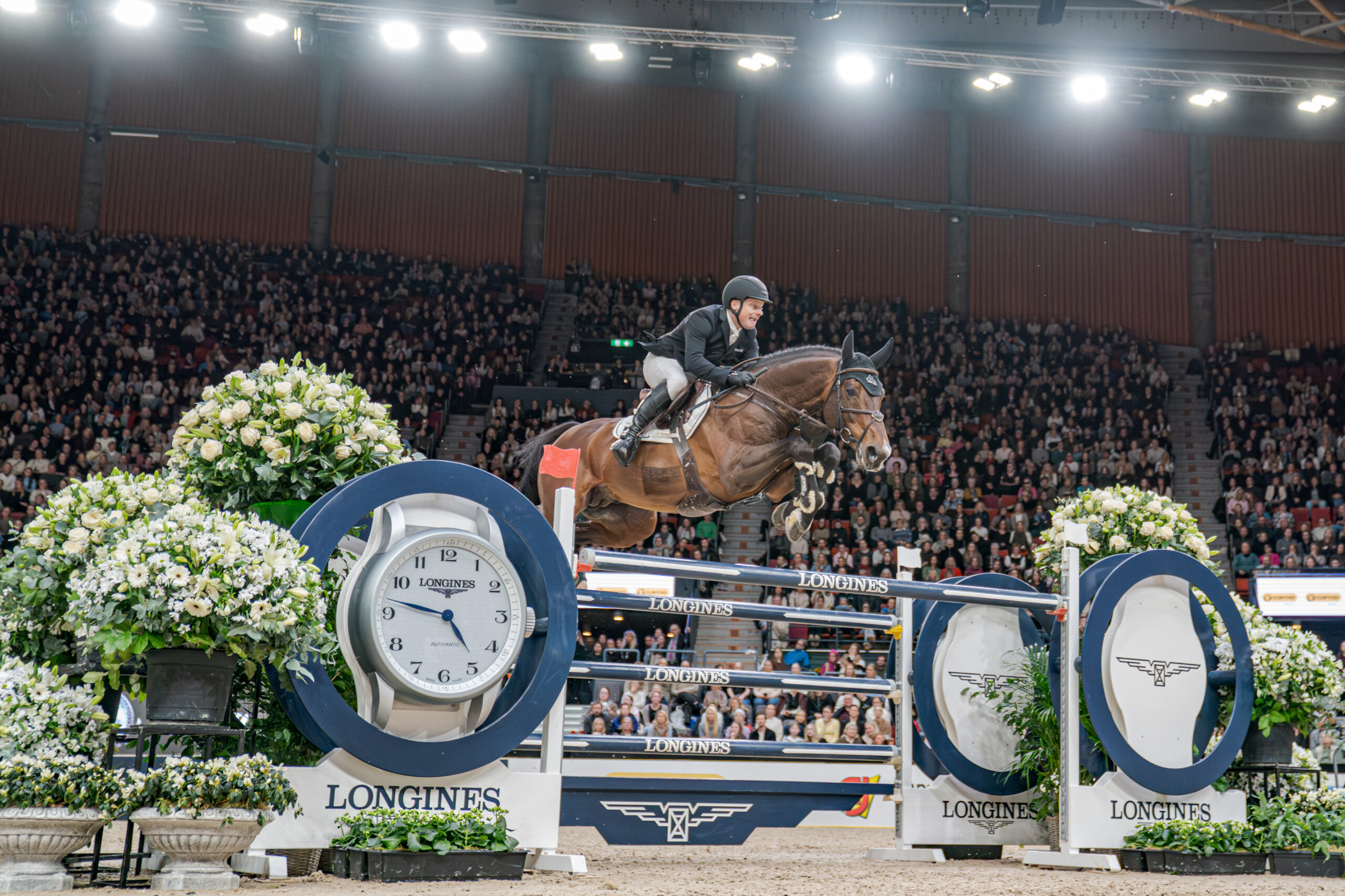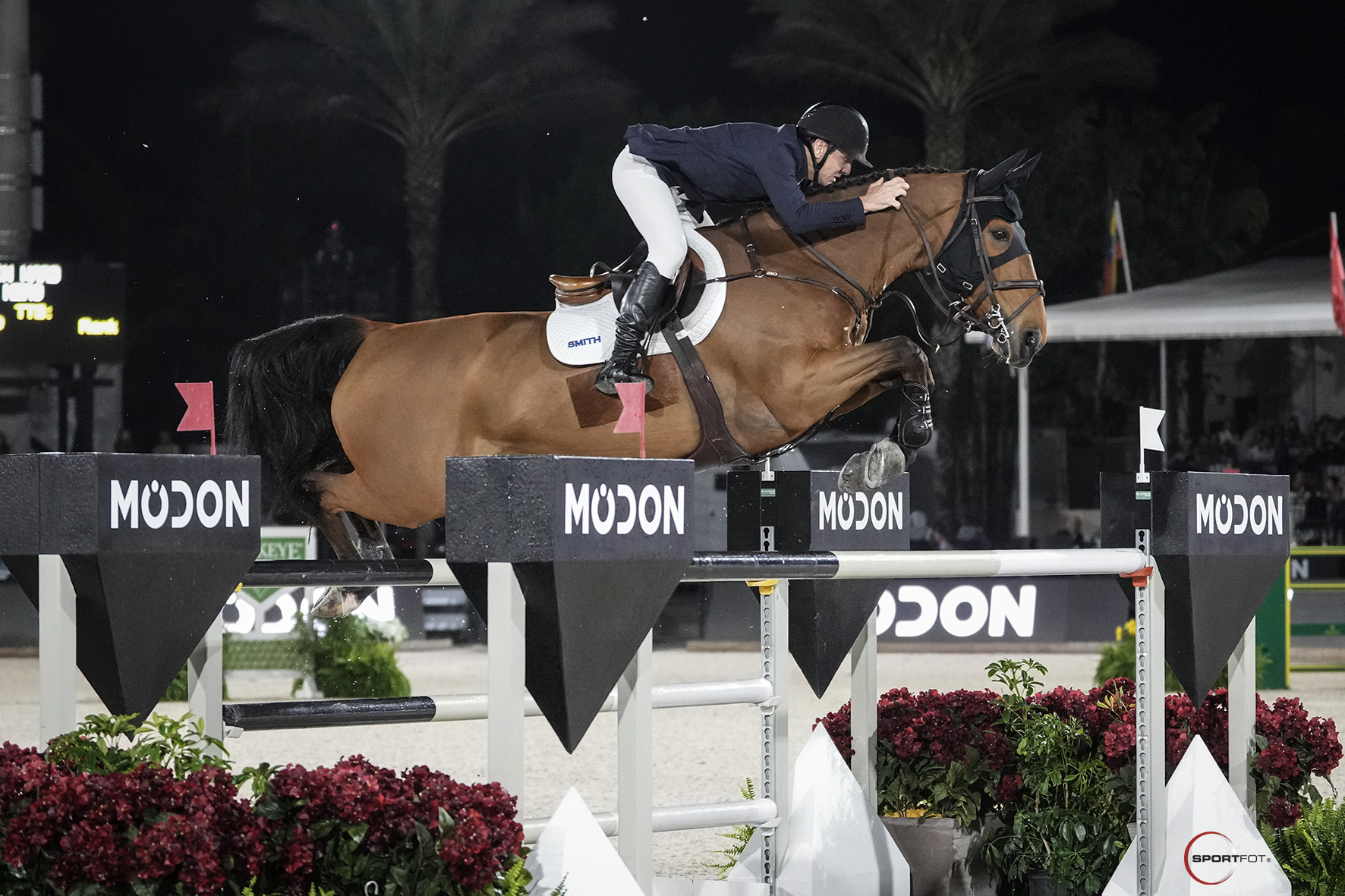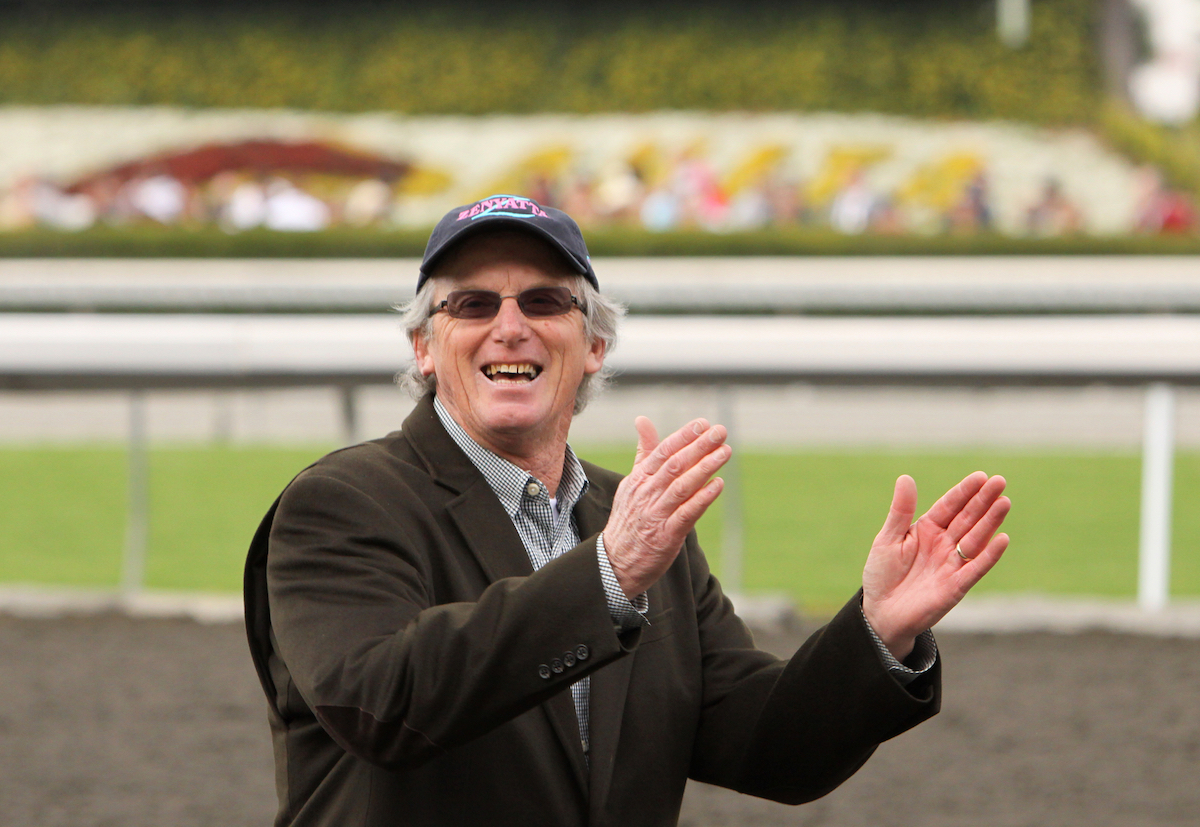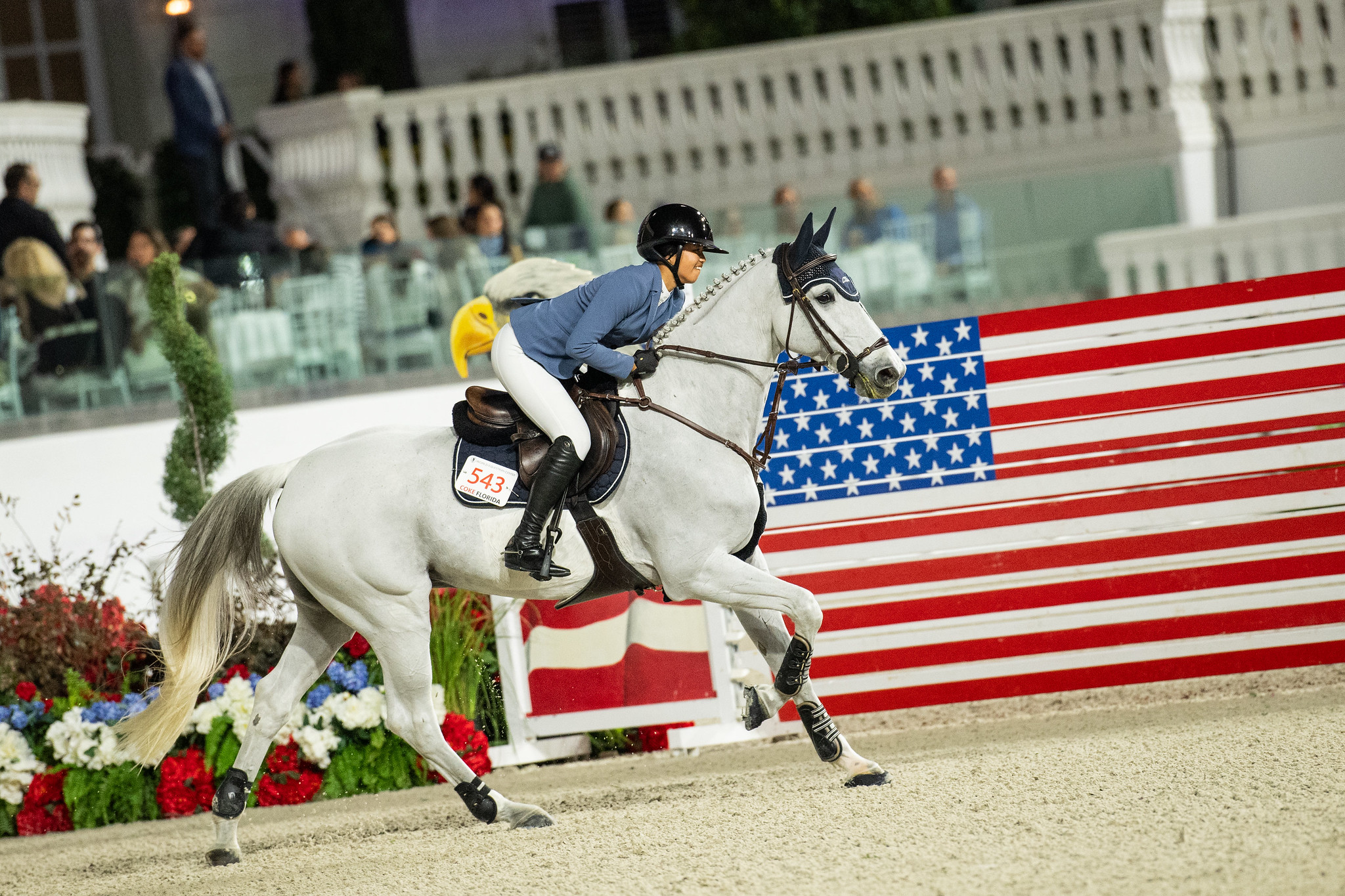I have found it encouraging to see equestrian media getting involved in the #BlackLivesMatter conversation—for a community that is disproportionately white, sometimes we don’t seem to want to engage in any sort of “controversial” conversations.
“This is an equestrian publication, why do we have to talk about race?” Because race and racism are relevant to every corner of the horse world, from where you buy your hoofpicks to where you pick up your ribbons.
Missy Clark, a nationally famous equitation trainer, took to the Chronicle of the Horse to publish a screed about how there is no racism in the horse world. I’m familiar with this argument, because every time race is brought up, people immediately shoot it down: “No one cares as long as you have money.”
That simply isn’t true. There is a class issue in the horse world too, but that doesn’t mean there isn’t also racism. Right now, the conversation we are having is about racism, white privilege and, indeed, white supremacy. Looking away from racism serves no purpose but to perpetuate it.
It’s in our barns. It’s in our horse shows, our tack stores, our podcasts, our magazines, and even our membership organizations. Denying racism is there won’t make it go away. We have to look at it, sit in our discomfort, and do the work to make a difference.
One of the reasons white equestrians “don’t see” racism in our sport is because we aren’t looking. It’s easy to not see problems we refuse to acknowledge exists.
“Not everything that is faced can be changed. But nothing can be changed until it is faced.”
— James Baldwin
I’m a scholar and a professor with a PhD. That means that when it’s time to roll up my sleeves and get to work, I start by reading the thoughts and ideas of other scholars. This has proven immeasurably valuable to my work in anti-racism. It pushes me out of my bubble and if I am reading someone else’s words, it means I am listening and not speaking. This, in fact, can be one of the most important jobs of an anti-racist.
So instead of taking Missy’s arguments apart point by point, as I am tempted to do, I would like to instead challenge her and the rest of us to read, and to listen, and to stop trying to steer the conversation away from race by making it about class. Stop talking about how white privilege doesn’t exist.
In an essay that has become a staple of undergraduate courses, “White Privilege: Unpacking the Invisible Knapsack,” Peggy McIntosh identified a long list of societal privileges she received simply because she is white—she did not earn these privileges, did not ask for them, has not always noticed them. They range from the large (she can buy a house in any neighborhood she chooses, something that even now isn’t a given) to the minute (she can be late to meetings and talk with her mouth full without these behaviors being attributed to the fact that she is white). Please, before you say that white privilege doesn’t exist, read her essay, and consider how it might also benefit you in the horse world.
So many white people who say that racism doesn’t exist in the horse world have a skewed perception of what racism means—someone in a comment thread asked me where the real racism is. They imagine all racists as hood-wearing Klan members. Perhaps they think that if racism isn’t active, blatant, and intentional, it either doesn’t exist or doesn’t matter. We can see active racism in the police murder of Breonna Taylor and George Floyd and so many others.
Passive racism, like the kind exhibited in Missy’s article and in so many comment threads on Facebook, is just as damaging. This can include letting people say racist things around us without challenging them, accepting as appropriate the omission of people of color from the boards of our membership organizations. Even, in fact, avoiding talking about race-related issues.
The brilliant scholar Beverly Daniel Tatum has the best metaphor I have ever found for understanding how the ongoing cycle of racism works. Envision a moving walkway at the airport as white privilege. White people—regardless of class, gender identity, sexual orientation, or religion—are on the moving walkway and can’t step off it. But we do have choices.
We can, Tatum says, actively walk forward on the walkway and engage in active racist behavior. These people have identified with the ideology of white supremacy.
Passive racist behavior is standing still on the walkway. These people aren’t doing anything overt, but they’re still going to the same place as those actively walking. Passive racism includes saying things like “equestrian publications shouldn’t be discussing these topics.”
But some people choose to turn around, unwilling to go to the same destination. They can choose to trip the white supremacists, to block their progress. The passive people, standing still, will be an obstacle to the people walking against the sidewalk. They will hinder their progress. But the only moral choice is to fight against the sidewalk, refuse to go with it, even if people give you a hard time or look at you funny for doing what isn’t obvious to them.
I don’t have a lot of hope that Missy will change her mind, that she will realize that when she writes that the one black person she discussed racism with told her he has never experienced it, that she is walking forward on the sidewalk. She is actively engaging in white supremacist thinking. Presenting one black person’s views as conclusive evidence that racism doesn’t exist in the horse world serves several damaging purposes:
1. It lets white people off the hook for examining our complicity in white supremacy. “If he said it’s not a problem, it must not be a problem.”
2. It does not take into account whether Mr. Holmes felt empowered to tell Missy the truth, especially if he was made aware that he was going to be put on record in The Chronicle of the Horse—which I certainly hope he was.
3. White people love to talk about a black acquaintance as a black friend. Has he been to your home, Missy? Have you been to his? Do you babysit his children when he needs a night off? I would have hoped that by 2020 white people would stop referencing their black friend as a get out of jail free card.
The horse industry needs to do better, but we will not do better if we actively stand in the way of examining why we are so overwhelmingly white. Yes, money matters. No, it isn’t the end-all be-all of the sport. Instead of assuming that black people just don’t have money to ride, or don’t live in an area where riding happens (neither is universally true), examine why you feel the need to be so defensive.
If we want to be able to insist that there isn’t a racism problem in the horse industry, let’s start by following the sage advice of James Baldwin and face the problem. Then we can work to eradicate it by actively engaging in anti-racism work both within the horse world and outside of it.
And if you don’t know what to do, start by reading.


 June 10, 2020
June 10, 2020 








